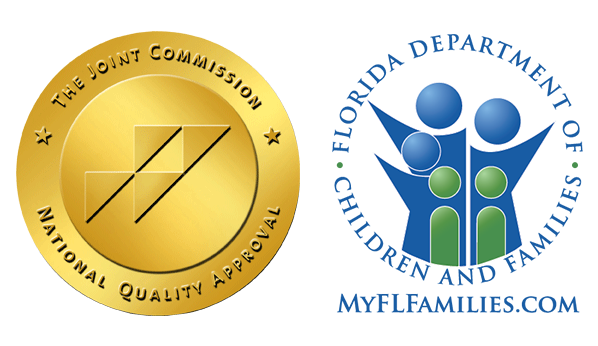It’s easy to feel defeated after a relapse. Whether you’ve had one drink, spent a night taking drugs, or relapsed on several occasions, it’s normal to feel ashamed and deflated.
However, relapsing does not mean your recovery journey is over. In fact, many people go through multiple relapses before they achieve long term sobriety.
According to the National Institute on Drug Abuse, addiction is a chronic disease caused by long term changes in the brain. This means that even after periods of abstinence, certain triggers can result in strong urges to use a substance that are very difficult to resist. Relapsing should not be seen as a failure but a chance to learn from mistakes and develop your skills so you can be stronger in sobriety.
Should You Go Back to Rehab After a Relapse?
Treatment for addiction relapse varies depending on your specific circumstances. If a relapse is minor, you may only need to focus on support group meetings or attend some extra counseling sessions to get yourself back on track.
If a relapse is more serious, it may be necessary to check back into a treatment center. It can be helpful to visit the same center as before so you can see a therapist who already understands your personal experience with addiction. In some cases, detox will be necessary before you begin a treatment program.
As with initial treatment, effective relapse treatment programs should be individualized and offer a variety of different evidence-based treatment options. This provides the best chance of long-term recovery and reduces the likelihood of future relapse.
How Do Co-occurring Disorders Lead to Relapse?
According to SAMSHA research, almost 50% of people with a substance use disorder also have an underlying mental health condition like anxiety or depression. Co-occurring disorders, if left untreated, can be a primary cause of relapse. They may cause you to return to substance use as an escape or coping mechanism even after long periods of sobriety.
Most drug addiction treatment facilities offer dual diagnosis recovery programs that treat the co-occurring disorder at the same time as the addiction. This healing process targets the underlying causes of addictive behavior and helps you avoid future relapses. If you have relapsed and have a co-occurring disorder, returning to an addiction treatment facility may be especially important.
How Can You Strengthen Your Recovery After Relapse?
Relapse should not be seen as a failure but a catalyst for personal growth.
Positively using your experience means learning from your mistakes. Make a note of the situation or feelings that led to your relapse and take steps to avoid them in the future. Think about other high-risk situations that might trigger substance use and try to stay away from them too.
If your relapse involved using drugs or alcohol as a coping mechanism, focus on developing other strategies for dealing with stress, anxiety, and other negative feelings. This might involve practicing meditation, exercising, or spending time with close friends.
You should also make sure you are practicing good self-care. Self-care practices like exercising, eating well, and regular sleeping patterns promote good mental health and overall well-being. This makes it easier to overcome challenges, maintain high self-esteem, and stay away from drugs and alcohol.
Finally, taking up a new hobby can help you rebound from a relapse. Hobbies help you fill your time and keep your mind occupied, so you avoid the negative thought cycles that lead to substance abuse. Having fun without alcohol or drugs also reminds you of the joys of sober life and inspires you to remain committed to recovery.












